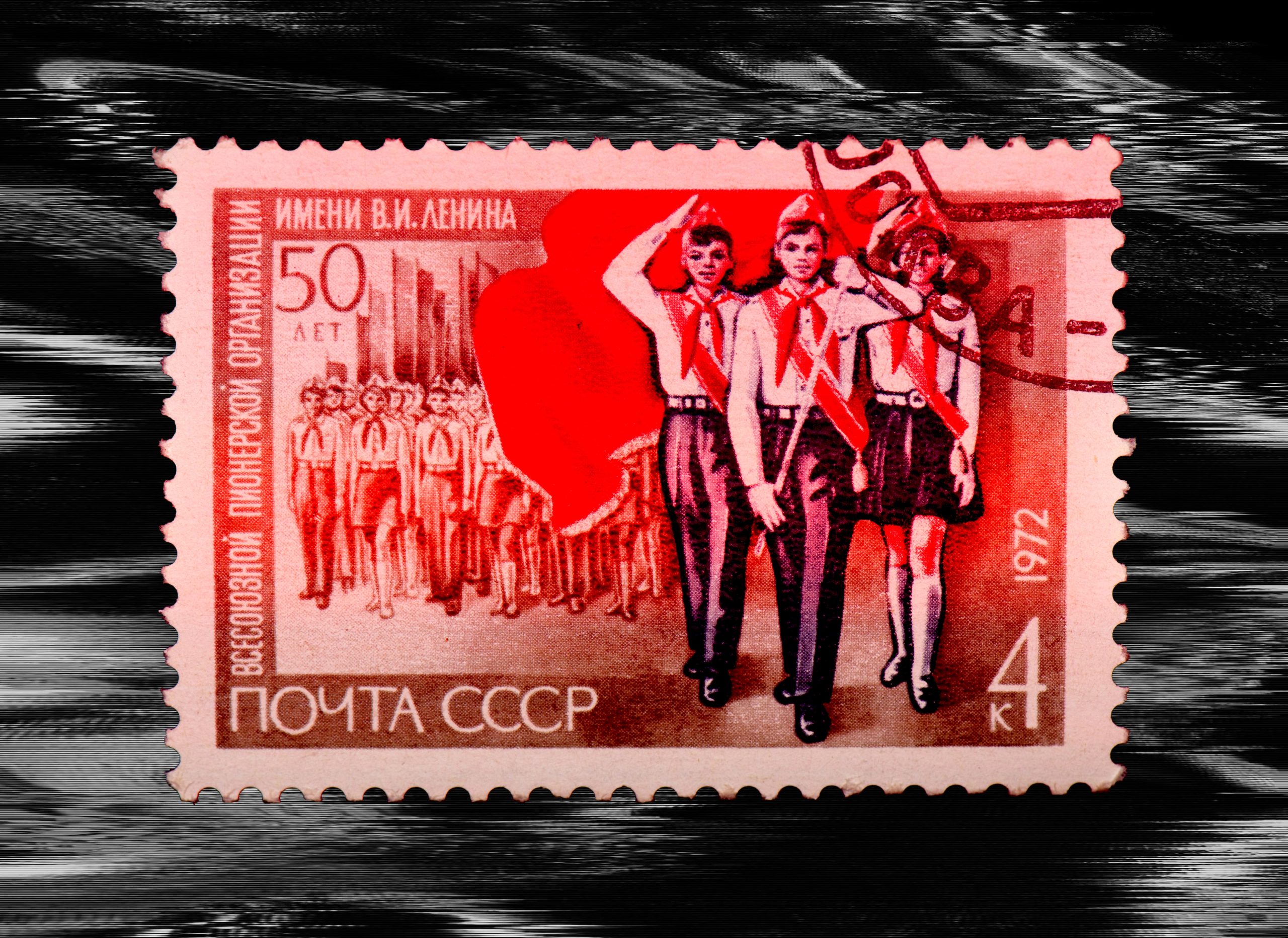Russia-Backed Media Outlets Are Under Fire in the US—but Still Trusted Worldwide
In recent years, Russia-backed media outlets such as RT (formerly Russia Today) and Sputnik have faced increased scrutiny and criticism in the United States.
Many US lawmakers and intelligence officials have accused these outlets of spreading propaganda and disinformation to sow discord and influence American elections.
Despite these allegations, RT and Sputnik continue to have a significant global audience and are trusted by many viewers around the world.
Some analysts believe that this trust stems from the perception that Russia-backed media offers an alternative perspective to mainstream Western news outlets.
Additionally, RT and Sputnik have been successful in presenting themselves as voices that challenge the status quo and question dominant narratives.
However, critics argue that these outlets serve as a platform for Russian propaganda and are used to advance the Kremlin’s agenda.
In response to these concerns, several countries, including the US, have taken steps to restrict the reach and influence of Russia-backed media outlets.
Despite these challenges, RT and Sputnik have continued to expand their operations and audience reach, maintaining a presence in countries around the world.
As tensions between Russia and Western nations continue to escalate, the role of Russia-backed media outlets in shaping public opinion and influencing global events remains a topic of intense debate.
It is clear that the issue of Russian propaganda and disinformation will continue to be a hot-button issue in the years to come.



